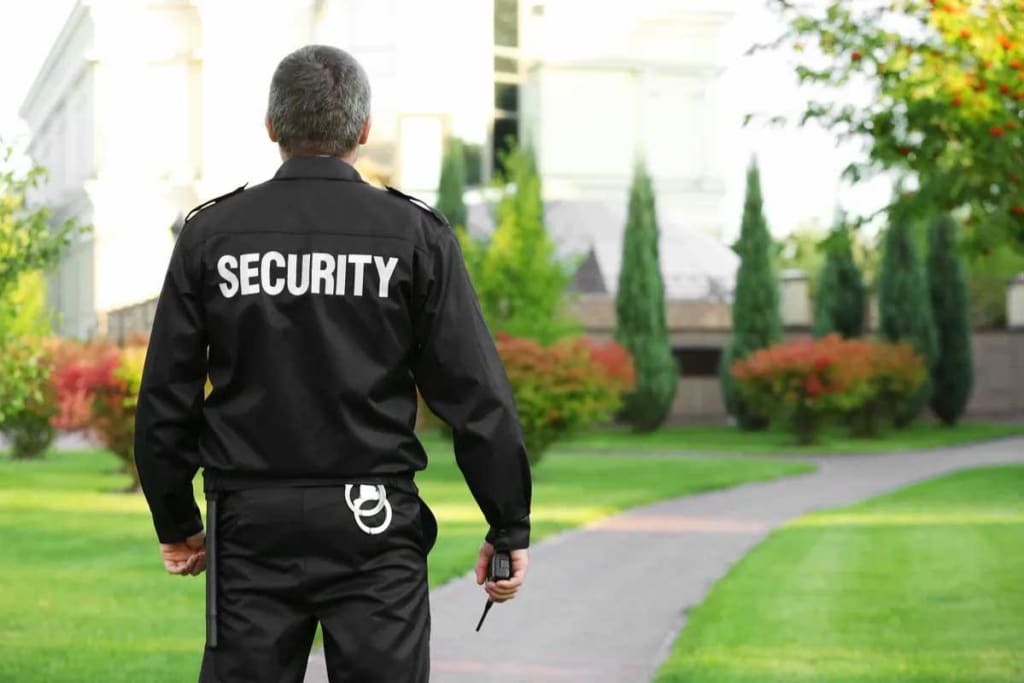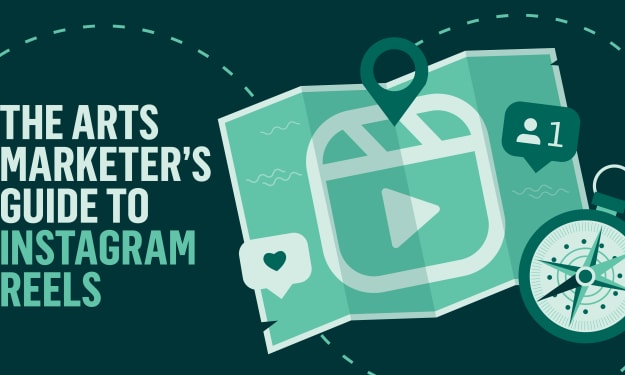The Ultimate Guide to Implementing Effective Retail Security Systems
Retail Security

In the fast-paced world of retail, ensuring the safety of your assets, employees, and customers is paramount. Security systems play a crucial role in safeguarding against various threats such as theft, vandalism, and fraud. In this guide, we'll delve into the fundamentals of implementing effective security systems to protect your business.
Understanding the Importance of Retail Security
It encompasses a range of measures designed to mitigate risks and ensure the smooth operation of your business. From surveillance cameras and access control systems to loss prevention strategies, investing in robust security solutions is essential for safeguarding your retail environment. By prioritizing security, you not only protect your assets but also enhance customer trust and loyalty.
Assessing Your Security Needs
Before implementing security systems, it's crucial to assess your specific needs and vulnerabilities. Conduct an inclusive risk assessment to identify potential threats and areas of weakness within your retail space. Consider factors such as store layout, inventory value, geographical location, and previous security incidents to determine the most suitable security measures for your business.
Choosing the Right Security Solutions
With a myriad of security technologies available, selecting the right solutions for your retail environment can be overwhelming. Security systems typically include surveillance cameras, alarm systems, access control systems, and inventory management tools. Evaluate your budget, operational requirements, and desired level of protection to choose the most appropriate security solutions for your business.
Implementing Surveillance Cameras
Surveillance cameras are a cornerstone of retail security, providing real-time monitoring and recording of activities within your store. Position cameras strategically to cover key areas such as entrances, exits, cash registers, and high-value merchandise displays. Choose high-definition cameras with features such as motion detection, night vision, and remote access for enhanced security monitoring.
Enhancing Access Control Measures
Controlling access to your retail premises is essential for preventing unauthorized entry and ensuring the safety of employees and customers. Implement access control systems such as keycard readers, biometric scanners, or keypad locks to regulate entry to restricted areas. Establish clear protocols for issuing access credentials and regularly review access logs to detect any anomalies or security breaches.
Implementing Inventory Management Solutions
Effective inventory management is integral to security, helping to prevent theft, shrinkage, and stockouts. Invest in inventory management solutions that enable you to track stock levels, monitor merchandise movements, and detect discrepancies in real-time. Utilize technologies such as RFID tags, barcode scanners, and inventory management software to streamline inventory processes and minimize security risks.
Training Your Staff on Security Procedures
Your employees are your first line of defense against retail security threats, making inclusive training essential for ensuring their readiness to respond effectively to security incidents. Provide training on security procedures, emergency protocols, and customer service techniques to empower your staff to handle various situations confidently. Emphasize the importance of vigilance, communication, and collaboration in maintaining a secure retail environment.
Implementing Loss Prevention Strategies
Retail theft, whether internal or external, poses a significant threat to your bottom line. Implement proactive loss prevention strategies to deter theft and minimize financial losses. This may include implementing visible security measures, conducting regular inventory audits, optimizing store layout to enhance visibility, and establishing robust return and refund policies. By addressing the root causes of theft and implementing preventive measures, you can protect your retail business from losses and improve profitability.
Monitoring and Maintenance
Once you've implemented your retail security systems, it's essential to monitor their effectiveness and perform regular maintenance to ensure optimal performance. Schedule routine inspections of surveillance cameras, alarm systems, and access control devices to identify any issues or malfunctions promptly. Stay vigilant for emerging security threats and update your security measures as needed to stay one step ahead of potential risks.
Conclusion
Retail security is a multifaceted endeavor that requires careful planning, investment, and ongoing vigilance. By implementing effective security systems tailored to your business needs, you can create a safe and secure environment for your employees and customers while protecting your assets from various threats. Prioritize security as an integral part of your business strategy, and reap the rewards of a well-protected retail operation.
About the Creator
Enjoyed the story? Support the Creator.
Subscribe for free to receive all their stories in your feed. You could also pledge your support or give them a one-off tip, letting them know you appreciate their work.





Comments
There are no comments for this story
Be the first to respond and start the conversation.